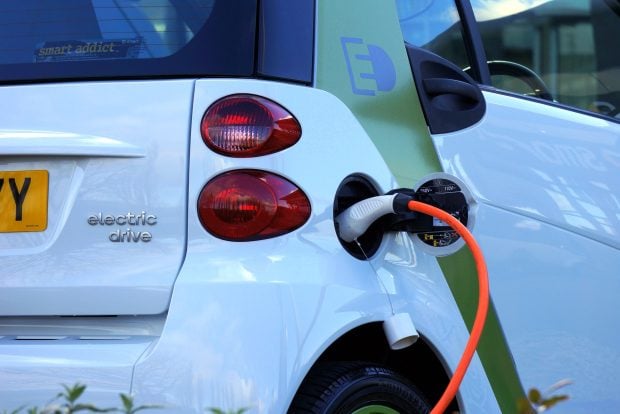Climate concerns persist in 2025 but faith in government action wanes

A 33-country survey has revealed that citizens are increasingly anxious about climate change but less confident in government and technological solutions.
“This growing unease underscores the urgent need for global cooperation and innovative approaches,” according to market research firm Ipsos, which carried out the poll among 23,720 adults between 25 October and 8 November 2024.
Eighty percent of survey respondents said they expect global temperatures to rise in 2025, up from 71% who said this in 2017.
However, only 52% globally believe their governments will introduce more demanding emissions targets, a three-percentage point drop from 2023, suggesting that “faith in government action or that science will provide a game-changing solution is low and/or declining”, according to Ipsos analysis.
Further, only 32% believe a technological breakthrough will halt climate change. This is unchanged from 2022, which Ipsos said “is interesting given the proliferation of Gen AI advancements in that timeframe”.
The survey also found that 72% of respondents anticipate more extreme weather events this year, and 42% believe parts of their country will become uninhabitable due to extreme weather.
Read more: Why countering climate misinformation must be a priority
Regional variation
The findings revealed “stark” regional disparities, with respondents from Southeast Asian nations like the Philippines (78%), Indonesia (66%) and Malaysia (58%) expressing the highest concern about areas becoming uninhabitable. Ipsos said this likely reflects “the reality of their significant populations living on low-lying islands and coastal deltas”. In contrast, European countries like the Netherlands (23%) and Sweden (21%) are less worried.
Residents in Asian countries generally stated a higher level of confidence in governments stepping up climate targets this year. Eighty-four percent of respondents in China and Indonesia believed the government would introduce stricter carbon emissions reduction policies in 2025, followed by Malaysia (75%), Singapore 74%) and the Philippines (66%).
However, residents of many countries expressed lower-than-average confidence in tougher climate goals being introduced, including Argentina (31%), Italy (37%), Japan (38%) and the United States (47%).
Read more: AI and digital technology can help treble renewable energy by 2030, says UN report
Sentiment for 2025
On broader topics, the survey also revealed that two-thirds of respondents (65%) said 2024 was “a bad year” for their country but this was the lowest figure since 2019. Seven in ten (71%) said they are optimistic 2025 will be better than 2024, but this is below the level of positivity seen before the pandemic.
While on a global level people are more positive the world economy will be stronger than in recent years, in Europe citizens in a number of countries such as France, Belgium, Italy and the Netherlands are less positive in their outlook than last year.
In addition, people expect greater regulation of the tech industry. In 2021, 38% expected their government to introduce strict rules for large tech companies, and this has now risen to 47%.





















